Replacing A/C, should I keep the furnace and radiators?
commok
12 years ago
Related Stories
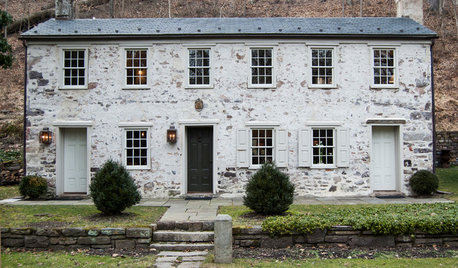
TRADITIONAL HOMESHouzz Tour: A Historic Remodel Keeps the Romance Alive
It was love at first sight for the owner of a 2-centuries-old house. She and her husband renovated it with tender loving care
Full Story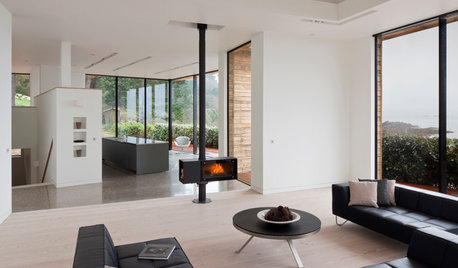
FIREPLACESUpdated Woodstoves Keep Home Fires Burning
Better technology means more efficiency than ever for modern woodstoves
Full Story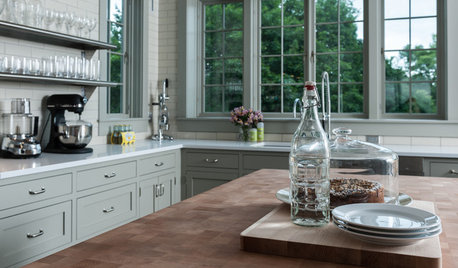
MOST POPULARKitchen Evolution: Work Zones Replace the Triangle
Want maximum efficiency in your kitchen? Consider forgoing the old-fashioned triangle in favor of task-specific zones
Full Story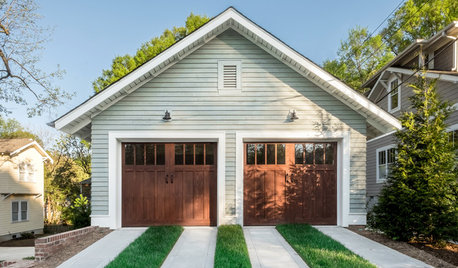
GREAT HOME PROJECTSHow to Replace or Revamp Your Garage Doors
Boost curb appeal and maybe even security with new garage doors. Find out cost ranges and other important details here
Full Story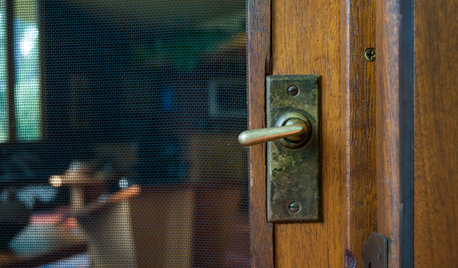
REMODELING GUIDESOriginal Home Details: What to Keep, What to Cast Off
Renovate an older home without regrets with this insight on the details worth preserving
Full Story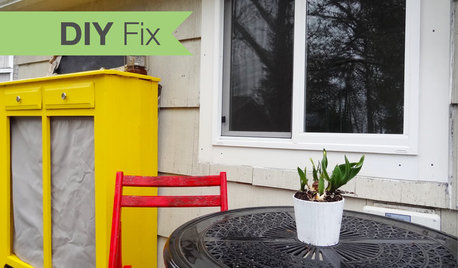
Replace Your Windows and Save Money — a How-to Guide
Reduce drafts to lower heating bills by swapping out old panes for new, in this DIY project for handy homeowners
Full Story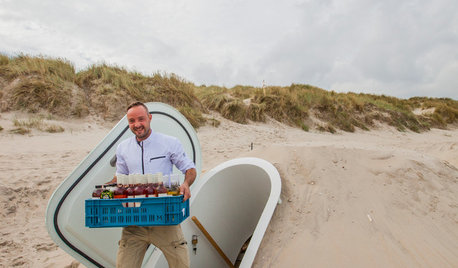
GREEN BUILDINGThe Big Freeze: Inventors Break New Ground to Keep Things Cool
Old-fashioned fridges can be energy guzzlers, but there are more eco-friendly ways of keeping food fresh, as these global innovations show
Full Story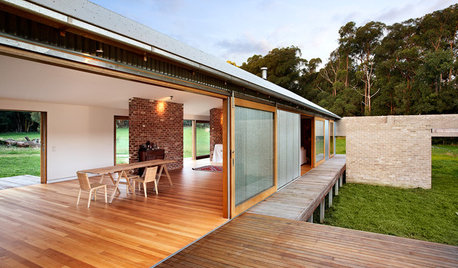
ARCHITECTUREHow Thermal Mass Keeps You Warm and Cool
Passive solar design makes use of this element. Here’s how it works and how you can get it in your home
Full Story
HEALTHY HOME10 Keep-the-Dust-Down Cleaning Tips for Allergy Sufferers
These cleaning and decorating tips will help keep everyone breathing easy at home
Full Story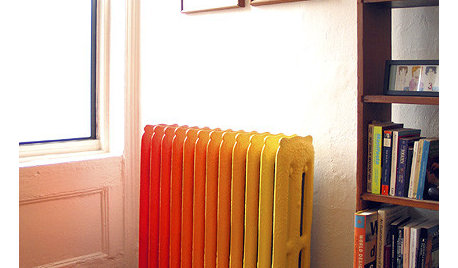
DECORATING GUIDESHow to Make Peace With Your Radiator
Turn a bulky, unattractive old heater into an appealing part of a room
Full StoryMore Discussions







fsq4cw
tigerdunes
Related Professionals
Belleville Solar Energy Systems · Palo Alto Solar Energy Systems · Rosemount Solar Energy Systems · Whitney Solar Energy Systems · South Whittier Solar Energy Systems · Verona Solar Energy Systems · Centennial Home Automation & Home Media · Damascus Home Automation & Home Media · Fayetteville Home Automation & Home Media · Hanover Home Automation & Home Media · San Marino Home Automation & Home Media · Evergreen Park Fireplaces · Germantown Fireplaces · Monroe Fireplaces · Chester FireplacescommokOriginal Author
tigerdunes
tigerdunes
fsq4cw
neohioheatpump
mike_home
commokOriginal Author